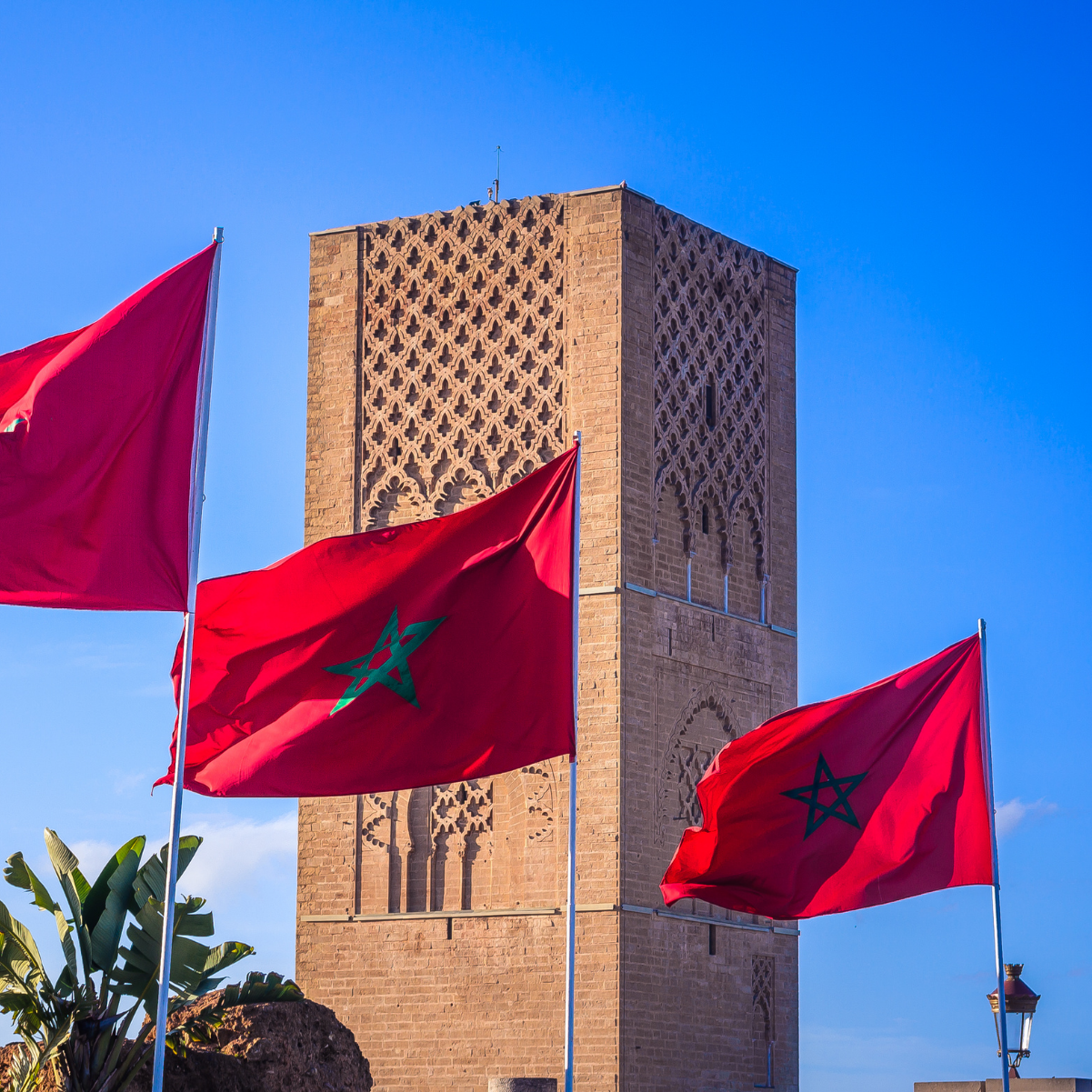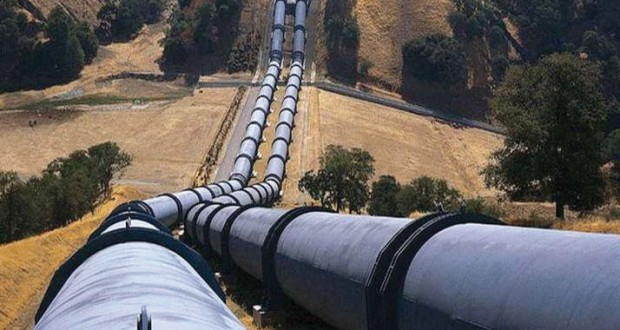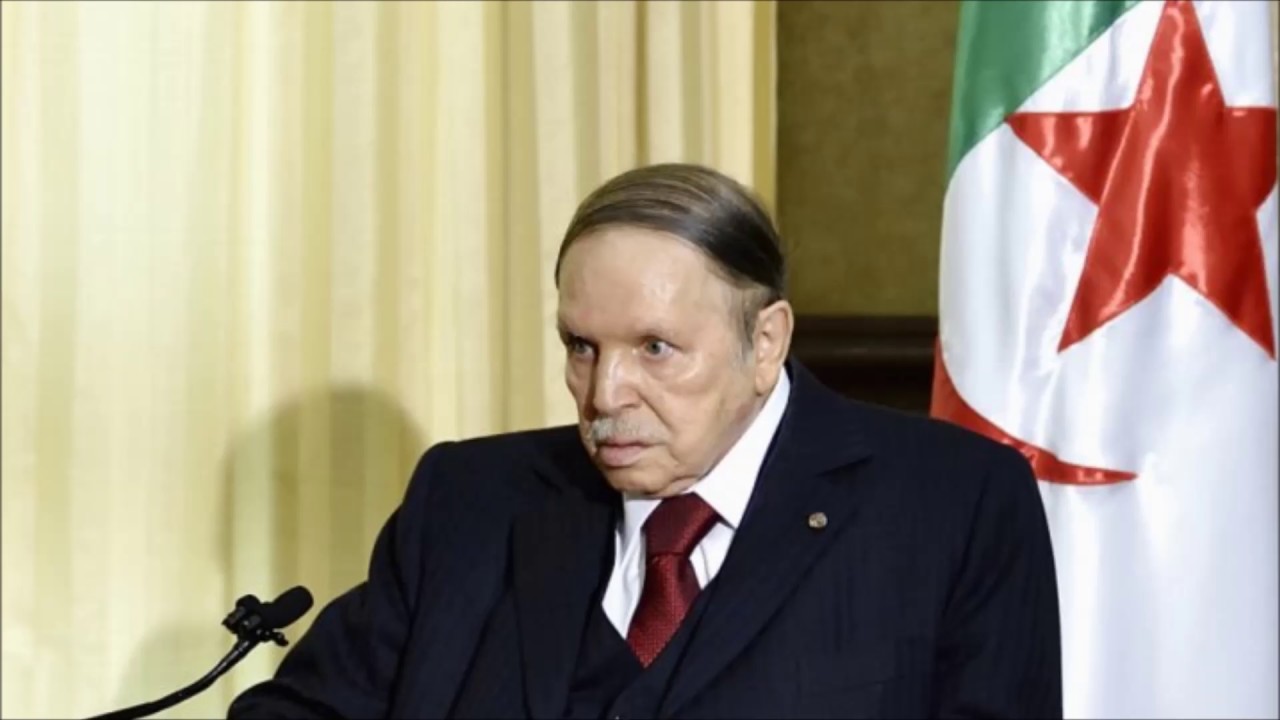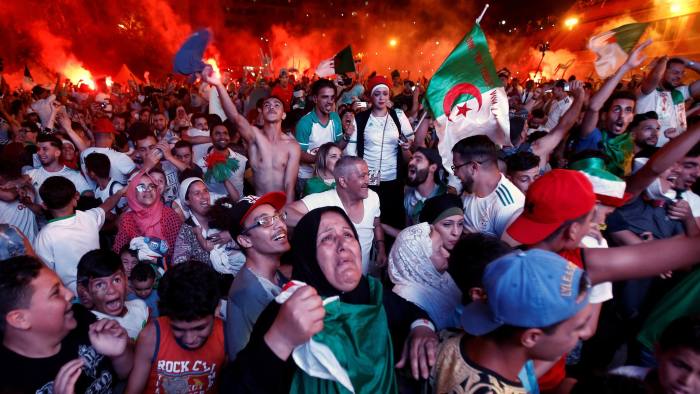Earthquake-hit Morocco has been playing a central role in ensuring security and stability in Europe’s southern borders and its autonomy plan for the Sahara requires serious western attention, wrote the Financial Times.
As Moroccan authorities and army maintain steady efforts to rescue and shelter population in earthquake-hit villages in the Atlas Mountains, Richard Shirreff of the Financial Times grabbed the context to raise the West’s awareness of Morocco’s role in the region.
“Morocco’s vow to rebuild after the earthquake which has claimed almost 3,000 lives is both ambitious and extremely necessary. This country of 37mn people has led every metric of economic development in Africa and sees itself as a fount of stability in the region,” he said.
He shed light on Morocco’s efforts to stabilize the Sahel through investing in the African region’s development and also through mediating in conflicts and peacekeeping.
“King Mohammed VI has mediated conflicts across the Sahel, helped to negotiate over a hundred co-operation agreements and deployed more than 70,000 UN peacekeepers. Morocco is also the second-largest investor in economic development on the continent and a crucial guarantor of its food security,” Shirreff said.
“Morocco is a uniquely positioned ally: even before this terrible disaster, we should have been far more closely engaged. As an intelligence and counter-terrorism partner, they have stopped more than 300 attempted attacks since 9/11. On migration, over the past five years they have taken down more than a thousand human trafficking networks and prevented upwards of 300,000 illegal crossings,” he said.
“Morocco’s plan for the autonomy of the Western Sahara — supported by the US and other international allies as a solution to prolonged bouts of regional conflict — requires our attention as part of a considered strategy. Above all, we need to show that we understand that the region’s future must be forged by those who will live it,” Shirreff said.



